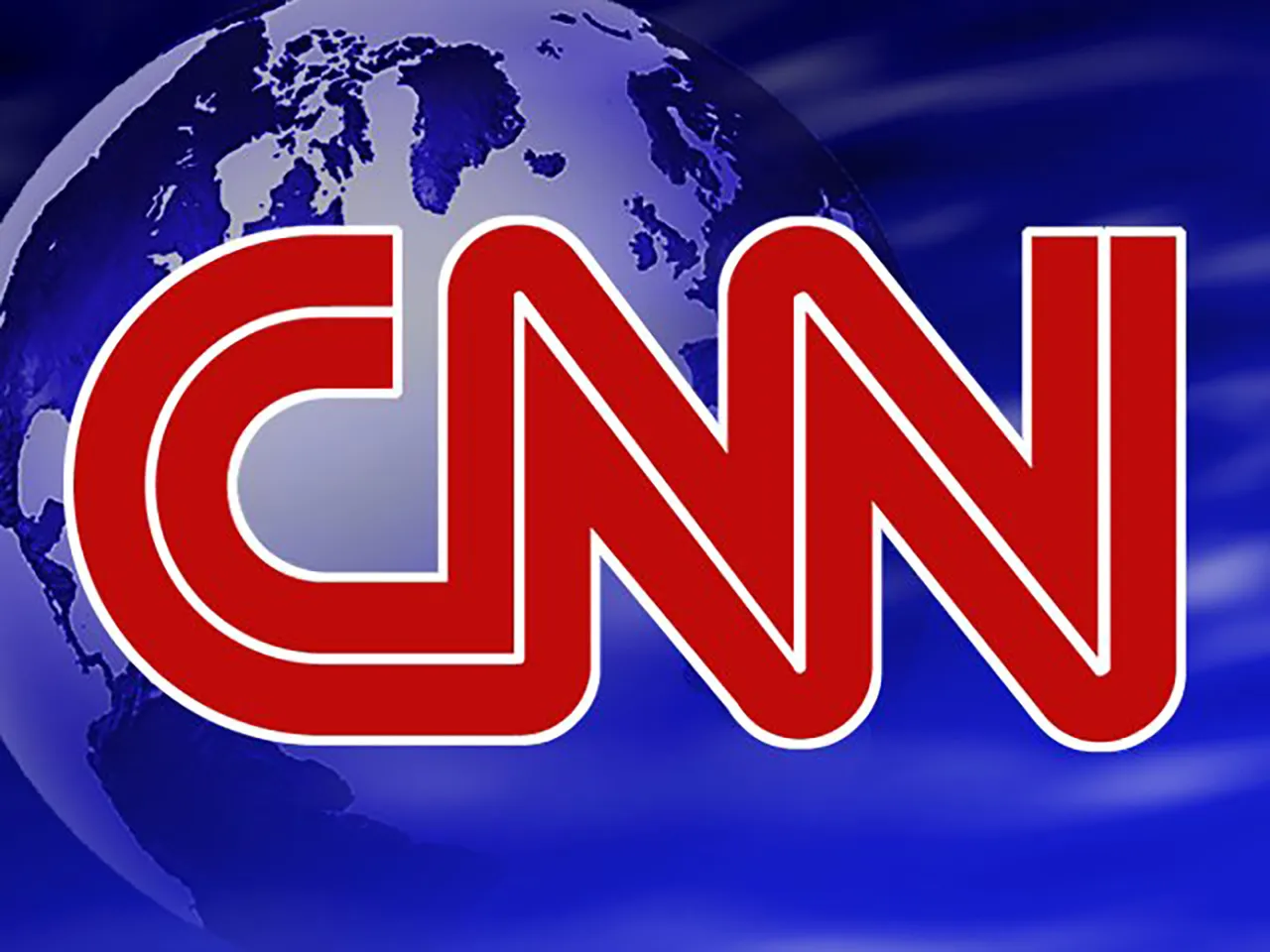
CNN (Cable News Network) is a 24-hour cable news channel that provides continuous coverage of news events, both domestic and international. It was founded in 1980 by Ted Turner and was the first dedicated cable news channel to air. CNN is headquartered in Atlanta, Georgia and is owned by WarnerMedia, a subsidiary of AT&T.
CNN provides news coverage on a wide range of topics, including politics, business, entertainment, sports, and weather. It also features talk shows, documentaries, and special reports. The network) is known for its breaking news coverage and in-depth analysis of current events.
It has a number of popular programs and personalities, including "Anderson Cooper 360," "Cuomo Prime Time," and "New Day." It also has a strong online presence, with a website and mobile application that provide up-to-the-minute news updates and live streaming of its television broadcasts.
CNN is widely regarded as a trusted source of news and information, and has won numerous awards for its journalism, including Peabody Awards, Emmy Awards, and Alfred I. duPont-Columbia University Awards.
What is CNN?
The term CNN can refer to two main things:
1. A multinational news channel and website:
- Founded in 1980 by American media proprietor Ted Turner and Reese Schonfeld, CNN was the first television channel to provide 24-hour news coverage and the first all-news television channel in the United States.
- Today, CNN is a global network with bureaus in over 200 countries and territories, broadcasting news to viewers around the world through various channels:
- Television: CNN International reaches over 270 million households worldwide, while domestic CNN US focuses on news within the United States.
- Website: CNN.com is one of the most popular news websites in the world, offering news articles, videos, live streams, and interactive features.
- Streaming services: CNN is available on various streaming platforms and offers its own subscription service, CNN+, featuring original programming and documentaries.
- CNN's programming covers a wide range of topics, including politics, breaking news, business, entertainment, sports, and health. They are known for their live coverage of major events and their team of experienced journalists and anchors.
2. A nickname for the "Cable News Network" type of news coverage:
- In broader context, "CNN" can also be used as a shorthand term for a certain style of news coverage characterized by:
- Focus on breaking news and immediate updates: CNN pioneered the 24-hour news cycle, emphasizing live reporting and constant updates on developing stories.
- Fast-paced and visually engaging presentation: CNN often uses graphics, video clips, and dramatic music to present news in a visually stimulating way.
- Focus on conflict and sensationalism: Critics argue that CNN tends to prioritize dramatic and conflict-driven stories over in-depth analysis and nuanced reporting.
History
The history of CNN, from its groundbreaking beginnings to its modern-day challenges, is a fascinating journey through the evolution of news media. Here are some key milestones:
The Pioneer's Vision (1960s-1970s):
- Ted Turner's dream: Media mogul Ted Turner envisioned a 24-hour news channel, a radical concept at the time. He believed people craved constant updates and in-depth coverage beyond daily newscasts.
- Overcoming skepticism: Despite industry ridicule and financial hurdles, Turner persevered, securing funding and assembling a team of passionate journalists.
Birth of the "Chicken Noodle Network" (1980):
- June 1, 1980: CNN launched at 5:00 pm Eastern Time, marking a watershed moment in television history. The initial broadcast, anchored by Dave Walker and Lois Hart, covered a range of stories, from the Iranian Hostage crisis to a dog show.
- Early struggles: Initially mocked as the "Chicken Noodle Network" due to its limited resources, CNN faced fierce competition from established news players.
Breaking Barriers and Defining the News Cycle (1980s-1990s):
- Live coverage revolution: CNN's signature 24-hour format and pioneering use of satellite technology allowed for live coverage of major events like the space shuttle Challenger disaster and the Gulf War, captivating audiences and changing the game for news reporting.
- Global expansion: Recognizing the thirst for international news, CNN launched CNN International in 1989, quickly becoming a global news leader.
- The "CNN effect": Critics argued that CNN's focus on dramatic visuals and immediate updates could influence events themselves, raising questions about the news media's impact on global politics.
The Digital Age and New Challenges (2000s-present):
- Rise of online news: The Internet era forced CNN to adapt, launching its website and expanding online content. Yet, competition from online-only news sources challenged its traditional dominance.
- Fake news and misinformation: The proliferation of fake news and misinformation online posed new challenges for CNN, requiring increased emphasis on fact-checking and journalistic integrity.
- Changing audience preferences: Viewers' shift towards personalized news consumption and niche interests pushed CNN to diversify its content and platforms, exploring streaming services and specialized programming.
Looking Forward:
The future of CNN remains uncertain, but its legacy as a trailblazer in 24-hour news broadcasting is undeniable. It continues to face the challenge of adapting to a changing media landscape while upholding its commitment to journalistic standards and serving a global audience.